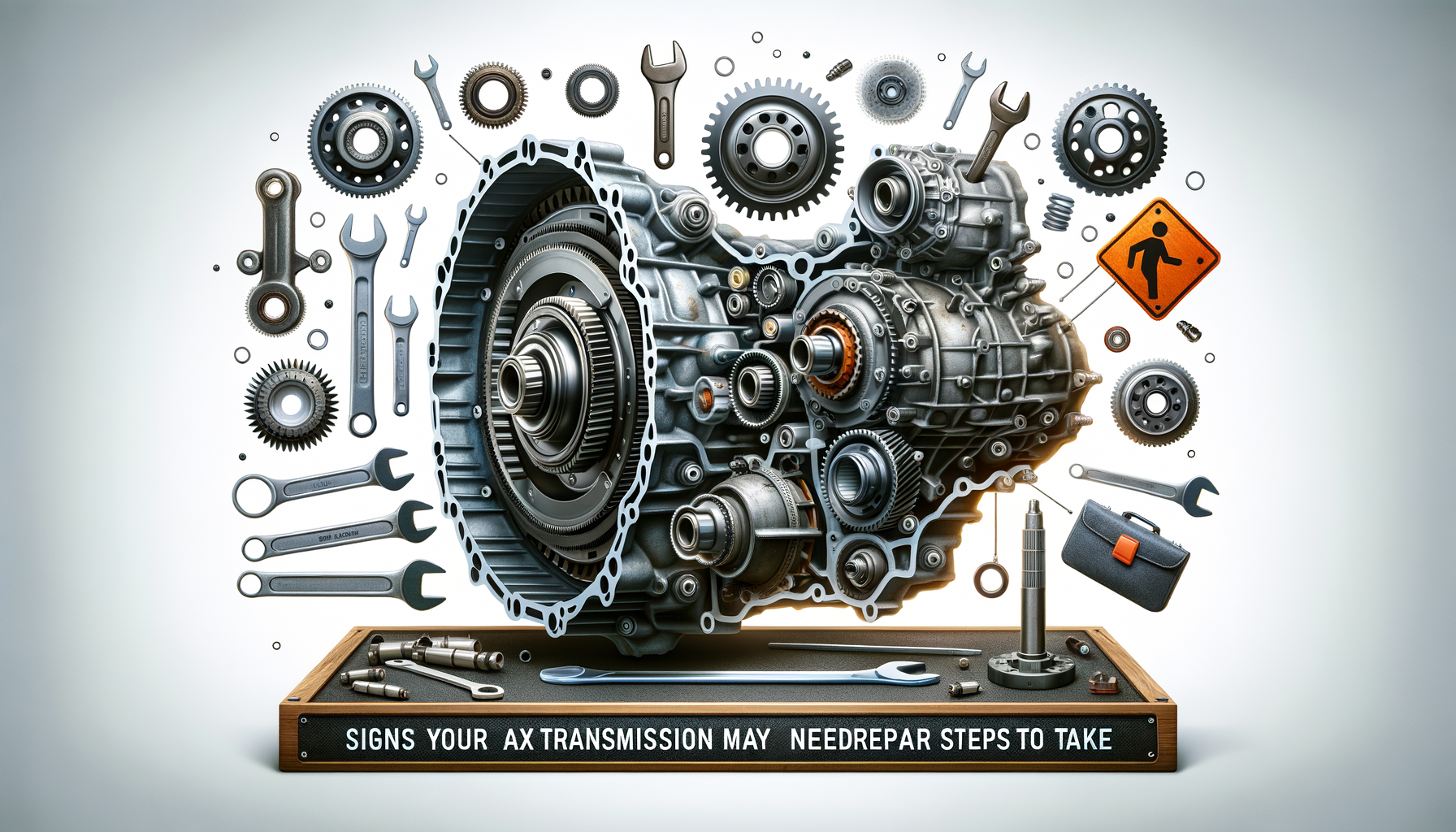Understanding Transmission Systems
Transmission systems are integral components of any vehicle, responsible for transferring power from the engine to the wheels. They ensure that the engine operates within its optimal range while providing the necessary torque and speed to drive the vehicle efficiently. There are two main types of transmissions: automatic and manual. Automatic transmissions shift gears on their own, making them user-friendly and convenient for most drivers. On the other hand, manual transmissions require the driver to manually shift gears, offering more control and engagement with the vehicle.
Regular maintenance of the transmission system is crucial for the longevity and performance of a vehicle. Neglecting this can lead to significant issues, which can be costly to repair. Recognizing the early signs of transmission trouble can help prevent more severe problems down the line.
Common Signs of Transmission Problems
Identifying transmission issues early can save both time and money. Here are some common signs that may indicate your transmission needs attention:
- Unusual Noises: Grinding or whining noises when shifting gears can signal transmission issues.
- Delayed Shifting: If there’s a delay in gear engagement, it might be a sign of transmission trouble.
- Fluid Leaks: Transmission fluid leaks are a clear indication of a problem that needs immediate attention.
- Burning Smell: Overheating transmission fluid can produce a burning smell, indicating a potential problem.
- Warning Lights: The check engine light can sometimes signal transmission issues, especially in modern vehicles.
Each of these signs requires a different approach to diagnosis and repair, but all should be addressed promptly to avoid further complications.
Steps to Take When You Notice Transmission Issues
Once you notice signs of transmission trouble, it’s important to take immediate action to prevent further damage. Here are some steps to consider:
- Check Transmission Fluid: Ensure the fluid is at the correct level and not contaminated.
- Consult a Professional: A certified mechanic can diagnose the problem accurately and recommend appropriate repairs.
- Avoid Driving: If the problem seems severe, it’s wise to avoid driving the vehicle to prevent further damage.
- Schedule Regular Maintenance: Regular check-ups can help catch potential issues before they become serious problems.
Being proactive about transmission care can extend the life of your vehicle and prevent costly repairs.
Preventative Maintenance Tips
Preventative maintenance is key to avoiding transmission problems. Here are some tips to keep your transmission in good shape:
- Regular Fluid Changes: Change your transmission fluid as recommended by your vehicle’s manufacturer.
- Monitor Driving Habits: Avoid aggressive driving and excessive towing, as these can put extra strain on the transmission.
- Keep Cool: Ensure your transmission doesn’t overheat by maintaining the cooling system.
- Use the Right Fluid: Always use the transmission fluid specified for your vehicle.
By following these tips, you can help ensure your transmission remains in optimal condition, reducing the risk of unexpected breakdowns.
When to Consider Transmission Replacement
In some cases, repairing a transmission might not be enough, and replacement could be the more viable option. Consider replacement when:
- Frequent Repairs: If your transmission requires constant repairs, replacing it might be more cost-effective.
- Severe Damage: Major damage, such as a cracked case, often necessitates replacement.
- Age and Mileage: Older transmissions with high mileage are more prone to failure and may need replacing.
- Cost of Repair vs. Replacement: If repair costs approach or exceed the cost of a new transmission, replacement is advisable.
Consulting with a trusted mechanic can help you decide if replacement is the right choice for your vehicle.



Leave a Reply